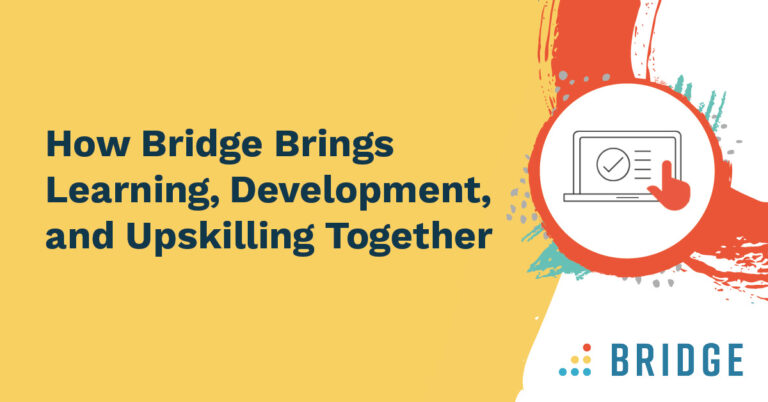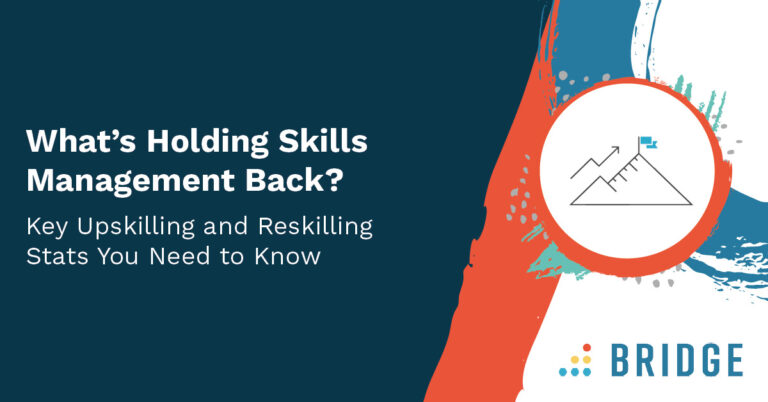In an era where charisma and arrogance seem to go hand-in-hand with leadership, some employers are recognizing the need to look for humility in leaders. Why? Research and experts show that humble leaders are far more effective than the Emperor Palpatines, Helas, and Lex Luthors of the universe.
The Anatomy of a Humble Leader
What are some qualities of humble leaders? Leaders who demonstrate humility aren’t afraid to ask for help or feedback, appreciate their team members’ strengths, are willing and eager to continuously improve, and inspire the same in their team.
Humble leaders can still be competitive and ambitious, but they generally avoid the spotlight and are less focused on their own self-interest, instead choosing to recognize and give more credit to their teams. So they’re not all about being a lone wolf or hogging the limelight, and instead prioritize humility as one of the key qualities of a good leader.
What Difference Does Humility Make?
Some organizations are beginning to consider humility in their hiring and promotion decisions, as humility is “an emotional skill leaders need to have” and “gives rise to deep listening, respect for diverse views, and a willingness to hear suggestions and feedback.”
A recent study at a healthcare company showed that teams with humble leaders showed better performance with higher-quality work. Since humble leaders focus more on giving credit to their employees, absenteeism and turnover among employees tends to be much lower.
Additionally, humble leadership shows impact at the top: companies with humble C-suite leaders tend to have upper-management teams that work better together, leading to “greater companywide efficiency, innovation, and profitability.”
So if Humility is So Key, Why Are There So Many Voldemorts?
On the flip side, the Harvard Business Review recently explored why so many leaders are arrogant if humility is so important, and with the “evidence that humble leaders outperform arrogant leaders.” Headlines are riddled with arrogant leaders who have the humility of Regina George on a daily basis.
Many leaders believe they can’t be humble and ambitious at the same time, especially for new leaders who zero in on the need to make things happen and get results. Some leaders feel if they aren’t constantly winning, they’re losing, and feel as if they’re in constant competition with other companies or even internally.
It’s important to remember that humility and ambition can peacefully coexist: “humility in the service of ambition is the most effective and sustainable mindset for leaders who aspire to do big things in a world filled with huge unknowns.” HR professionals at IBM argue that “the lion’s share of world-changing luminaries are humble people. They focus on the work, not themselves. They seek success—they are ambitious—but they are humbled when it arrives … they feel lucky, not all-powerful.”
Here are some questions for leaders to consider asking themselves when they think about their own humility:
- • Are we confident enough to stay humble?
- • Are we strong enough to admit we don’t have all the answers?
To learn more about developing your leaders, check out our e-book, “The Future of Work: 10 Essentials for Winning Employee Development.”



